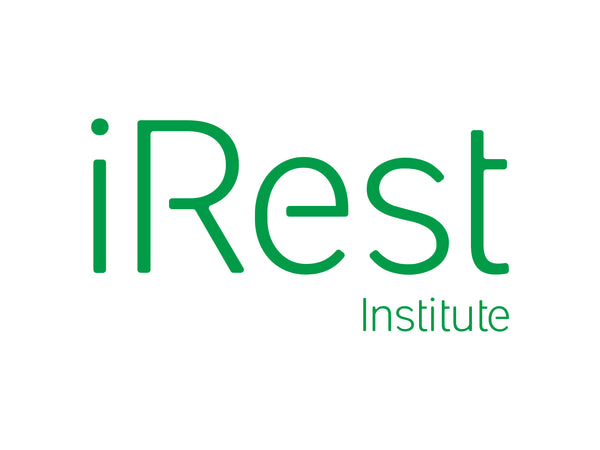
Closing the Exposure Gap: iRest Scholar Antwinae McNeil
Share
“In African-American culture there is an exposure gap,” explains 21-year-old iRest Scholar Antwinae McNeil. "Prior to discovering iRest, I had no idea what meditation was and how it could be beneficial. The exposure gap is not only for meditation but mental health as a whole.”
Now a Level 1 iRest Teacher, Antwinae is working to close that gap—both for herself and the peers she serves in regular iRest classes. Many of her students, like Antwinae herself, have experienced hardship at some point of their young lives.

Growing up in the foster care system in inner-city Detroit, Antwinae fought severe depression and survived multiple suicide attempts. She struggled to get the help she needed. “In the Black community,” she says, “depression is considered an attitude problem.”
Now a student at Western Michigan University (and the first in her family to attend college) Antwinae displays a resilience that seems intrinsic to her character, innate to her very being. She also credits much of her success to iRest Meditation.
She first encountered the practice through Dr. Yvonne Unrau, a professor of social work at the university. “When we would practice,” says Antwinae, “I would always fall asleep. That meant a lot to me because I was struggling with sleep.”
Soon, Antwinae began seeking out Dr. Unrau for private sessions. The tools she gained were powerful. “Foster care was traumatic and painful, and iRest allowed me to heal through it, not separate from it.”
Establishing a steady iRest practice turned out to be more of a gift than she could have imagined: By age 20, she would be diagnosed with late-stage breast cancer. “When I tell you iRest has saved my life,” she says, “I mean it has allowed me to breathe another breath.”
Previously, Antwinae had grappled with suicidal thoughts. “I spent my entire life wanting to die. Then cancer came and my body was killing itself, while I was just trying to stay alive. I finally realized my life mattered, and for the first time, I didn’t want to die.”
A consistent meditation practice gave Antwinae insight that helped her stay positive during treatment. “The cancer was not who I was,” she says. When she started losing hair and weight, she was still able to see her own beauty. “I would look into the mirror and tell myself, I have strength beneath all of this.”

Overall, “iRest taught me that there is a space in me untouched by trauma.”
It’s a gift she wants to pay forward. Now, she declares, “I want to help people who are like me. I want to combine psychology with iRest to offer another option for healing.”
Meanwhile, Antwinae cherishes the found family that has emerged through her practice and study. “There is a quote that people are in your life for a reason, a season, or a lifetime,” she says. “The iRest network has shown me what that lifetime looks like. These people will be with me forever, in every way, in my heart.”
